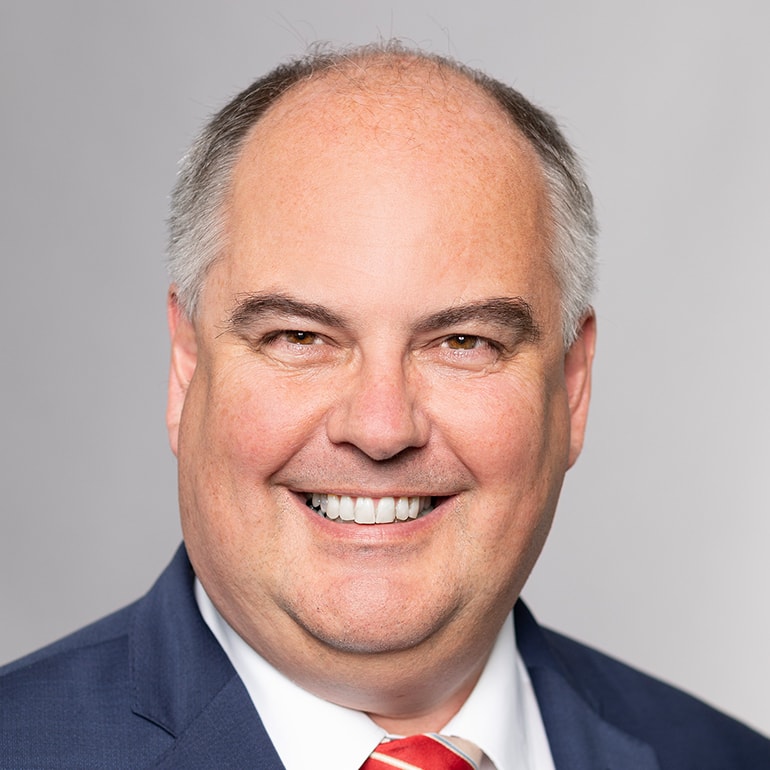12.03.2021
Five questions – five answers: The moratorium on Greensill Bank AG and its consequences for depositors

- On 3 March 2021, the German Federal Financial Supervisory Authority (Bundesanstalt für Finanzdienstleistungsaufsicht – “BaFin”) imposed a moratorium on Greensill Bank AG. What does this mean for depositors?
The moratorium itself first of all essentially means that, to a large extent, money may not be paid in or paid out. The reason behind this is BaFin’s assumption that there is an imminent risk that the bank will become over-indebted and unable to meet its financial obligations. Should this be the case, private depositors would generally be protected by the deposit guarantee scheme of the Association of German Banks. The situation is different for local authorities and institutional investors: they are not protected by the deposit guarantee scheme and, therefore, would have to fear for their deposits.
- So if Greensill Bank AG were indeed insolvent, what action could depositors take to get their deposits back?
First of all, depositors could consider notifying their claims to the insolvency administrator in insolvency proceedings then instituted. However, the chances of recovering anything in such proceedings would be slim. Depositors should, therefore, consider whether they could have recourse to third parties. According to media reports, the public prosecutor’s office is already investigating Greensill Bank AG on suspicion of accounting fraud. Should this suspicion prove to be true, it might be possible for depositors to hold the responsible managers liable.
- Who else could depositors take action against?
If Greensill Bank AG has indeed falsified its balance sheets, as is currently believed to be the case, depositors might be able to have recourse to the bank’s auditors, who should possibly have been aware of this falsification and on whose opinions the depositors relied. The further investigations will show whether the auditors are actually liable. In any case, such recourse should be taken into consideration by the depositors concerned.
- The media say that BaFin had serious doubts about Greensill Bank AG’s balance sheets as early as 2020. Would it be possible to also take action against BaFin because its warning against deposits at Greensill came too late?
According to media reports, BaFin had doubts about Greensill Bank AG’s balance sheets as early as 2020 and, therefore, commissioned special investigators from KPMG to carry out an audit. However, the bank’s depositors were not informed, according to what is said, which is why they partly continued to pay in large sums until the end of 2020. As a result of this, depositors might have official liability claims against BaFin, should it turn out that BaFin failed to warn depositors at an early stage in gross violation of its official duties.
- How do you think depositors should react now?
Depositors who are not covered by the deposit guarantee scheme should seek legal advice and obtain timely information on possible courses of action. This firstly includes precautionary insolvency law advice. Furthermore, the depositors concerned should seek advice on possible rights of recourse and how to enforce them in court.
Depending on the facts of the case, it might also be possible to assert claims against financial brokers if they recommended a deposit with Greensill Bank AG at a time when it was already apparent that such a deposit would involve an increased amount of risk. Another option could be for depositors to take action against rating agencies whose ratings might have induced the depositors to make a deposit in the belief that it was safe.
In conclusion, depositors should obtain advice on the various courses of action available to them, taking into account the circumstances of the individual case, and thereby seek protection of their deposits as effectively as possible.

Dr Stephan Bausch, D.U.
Partner
Cologne
stephan.bausch@luther-lawfirm.com
+49 221 9937 25782

Dr Borbála Dux-Wenzel, LL.M.
Partner
Cologne
Borbala.Dux-Wenzel@luther-lawfirm.com
+49 221 9937 25100

Reinhard Willemsen
Partner
Munich,
Cologne
reinhard.willemsen@luther-lawfirm.com
+49 89 23714 25792